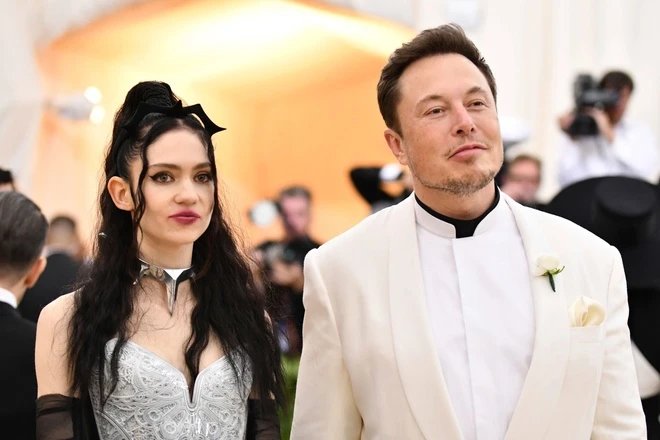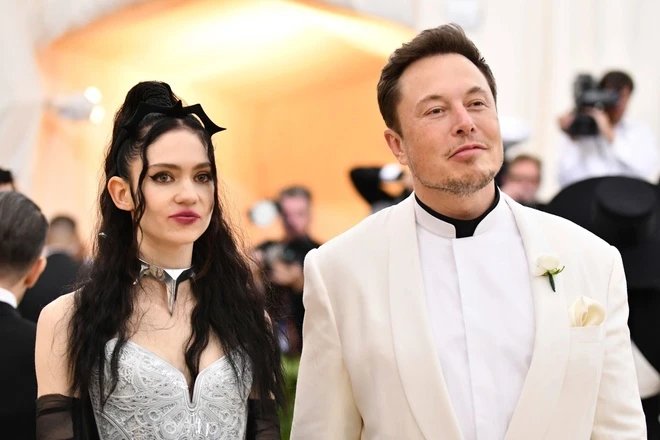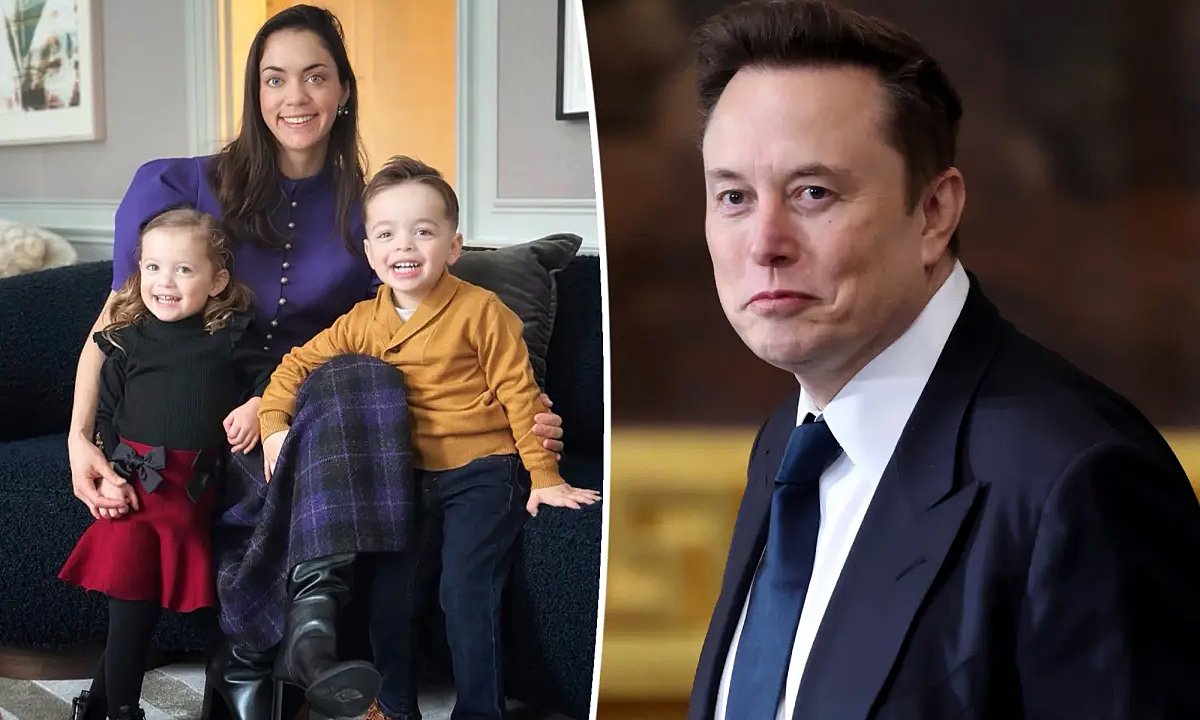
Elon Musk, the enigmatic billionaire behind Tesla, SpaceX, Neuralink, and X (formerly Twitter), is not only reshaping technology and space exploration—he’s also making headlines for his rapidly expanding family. With over ten children from multiple women, Musk’s personal life has become as captivating as his professional ambitions. But now, a bold female writer has stepped forward to tell a chilling and emotional tale: the dark side of the women who gave birth to Elon Musk’s children.
This isn’t a tabloid exposé. It’s a detailed, nuanced exploration that sheds light on the emotional toll, secrecy, and power dynamics surrounding the billionaire’s growing legacy. What do these women experience in private? What sacrifices are made behind the scenes of Musk’s ambitious drive to “save humanity”? The answers are shocking.
The Writer’s Mission: Unveiling a Hidden Narrative

The author, whose investigative approach combines empathy with hard truths, begins her work with a clear goal: to uncover what the public doesn’t see. Most media portray Elon Musk’s relationships through the lens of fascination or admiration. But this writer takes a different angle—offering raw accounts from women entangled in Musk’s orbit.
Her research stretches across personal interviews, anonymous tips, legal documents, and exclusive sources. Through this mosaic of voices, she uncovers a story of silence, control, and unspoken grief.
Grimes: The Artist Who Lost Herself in the Shadows
Canadian musician Grimes (Claire Boucher) was once seen as Musk’s eccentric match—an otherworldly artist paired with the world’s richest man. Together, they welcomed three children, including the famously named “X Æ A-Xii.”
But the female writer reveals that behind their quirky public appearances, Grimes endured deep emotional isolation. She reportedly struggled with postnatal depression, had limited autonomy over public disclosures, and at times, wasn’t even informed about the birth of another one of Musk’s children—born via surrogate to another woman during their on-again-off-again relationship.
Grimes later stated in interviews that she was “trying to keep her children out of the machine,” a vague but ominous phrase that the writer unpacks as a metaphor for Musk’s highly managed, mission-driven existence. According to sources close to the artist, Grimes often felt like a character in someone else’s science fiction.
Shivon Zilis: The Surrogacy Puzzle
Shivon Zilis, a Neuralink executive, stunned the public when it was revealed that she had twins with Musk via surrogate in 2021—shortly before Grimes gave birth to her second child with him.
The female writer points out how this timeline raises disturbing questions. What kind of emotional and ethical environment surrounds such overlapping decisions? While Zilis has remained silent in public, insiders describe her as a brilliant, career-driven woman caught between scientific ambition and maternal reality.
Her case illustrates a deeper, darker theme in Musk’s relationships: the merging of personal and professional life, often leaving women in ambiguous roles—both mothers and employees, caregivers and contributors to a futuristic vision. Zilis’s dual role blurs the line between autonomy and obligation.
Justine Musk: The First Wife Who Warned Us All

Long before the surrogates, the pop stars, and the Silicon Valley scandals, there was Justine Musk—Elon’s first wife and mother of his five children (one of whom passed away as an infant).
The female writer revisits Justine’s raw and revealing blog posts from the early 2000s, where she described her marriage to Musk as deeply unequal. She spoke of being “a starter wife,” someone molded and discarded once Elon became the man he wanted to be.
Her story adds a powerful historical context to the pattern the writer exposes. Justine’s words become prophetic: “The man who controls rockets and empires also seeks to control the world around him—including the people who give him children.”
This haunting statement becomes a through-line in the writer’s narrative, echoing in the stories of the women who followed.
Power, Reproduction, and Legacy: The Billionaire’s Plan
The writer doesn’t stop at emotional narratives—she dives into Musk’s own stated views on reproduction. He has frequently tweeted that “civilization is going to crumble” unless more people have children, positioning himself as a solution to the world’s “population collapse.”
This utilitarian outlook raises ethical questions: Are Musk’s reproductive choices about legacy, love, or simply numbers? The writer argues that such rhetoric masks a patriarchal impulse to propagate on one’s own terms.
Multiple women, she suggests, become vessels for a vision of the future designed by one man. The intimacy of childbirth becomes part of a broader, impersonal agenda. This, the writer asserts, is the true dark side.
Contracts, Silence, and Control: Life Behind NDA Walls
Another chilling revelation from the writer’s investigation involves the legal environment surrounding Musk’s private life. Several women reportedly signed strict non-disclosure agreements (NDAs) concerning their relationships with Musk.
These NDAs, while legal, reinforce a culture of silence. The writer highlights how this legal machinery serves to isolate women from each other—and from the public—creating a fragmented narrative where no one can fully tell their story.
In many cases, financial support is generous but conditional. Mothers may receive homes, childcare, and monthly stipends—but at the cost of invisibility.
Children of the Future, Raised in Confusion

The writer also explores the children’s perspective—though much is speculative, given their young ages. What will it mean to grow up with half-siblings born months apart, scattered across multiple homes and mothers, under the shadow of one of the most powerful men alive?
Experts interviewed by the writer raise concerns about identity, emotional development, and long-term psychological effects. Children, she argues, are not experiments or heirs to a transhumanist dream. They are individuals who deserve stable, nurturing homes—not life under a microscope.
A Pattern of Emotional Absence
Another thread running through the writer’s work is Musk’s recurring emotional detachment. While he has publicly said he loves his children, those close to the families report minimal direct involvement in day-to-day parenting.
Instead, Musk is often described as preoccupied, physically absent, or emotionally unavailable. For the women left to raise his children, this creates a burden of single parenting—without the public acknowledgment of single motherhood.
Even in relationships where affection was once strong, the eventual feeling of being “alone in the mission” emerges again and again.

Conclusion: More Than Gossip—A Wake-Up Call
The writer’s work challenges the myth of the genius billionaire whose personal life is either enviable or irrelevant. It invites readers to see behind the curtain—to acknowledge the emotional, ethical, and psychological complexities involved when powerful men expand their legacies through the lives of women and children.
These women are not footnotes in Musk’s empire—they are human beings with stories worth telling. Their pain, silence, and resilience form a vital counterpoint to the narrative of innovation and success.



